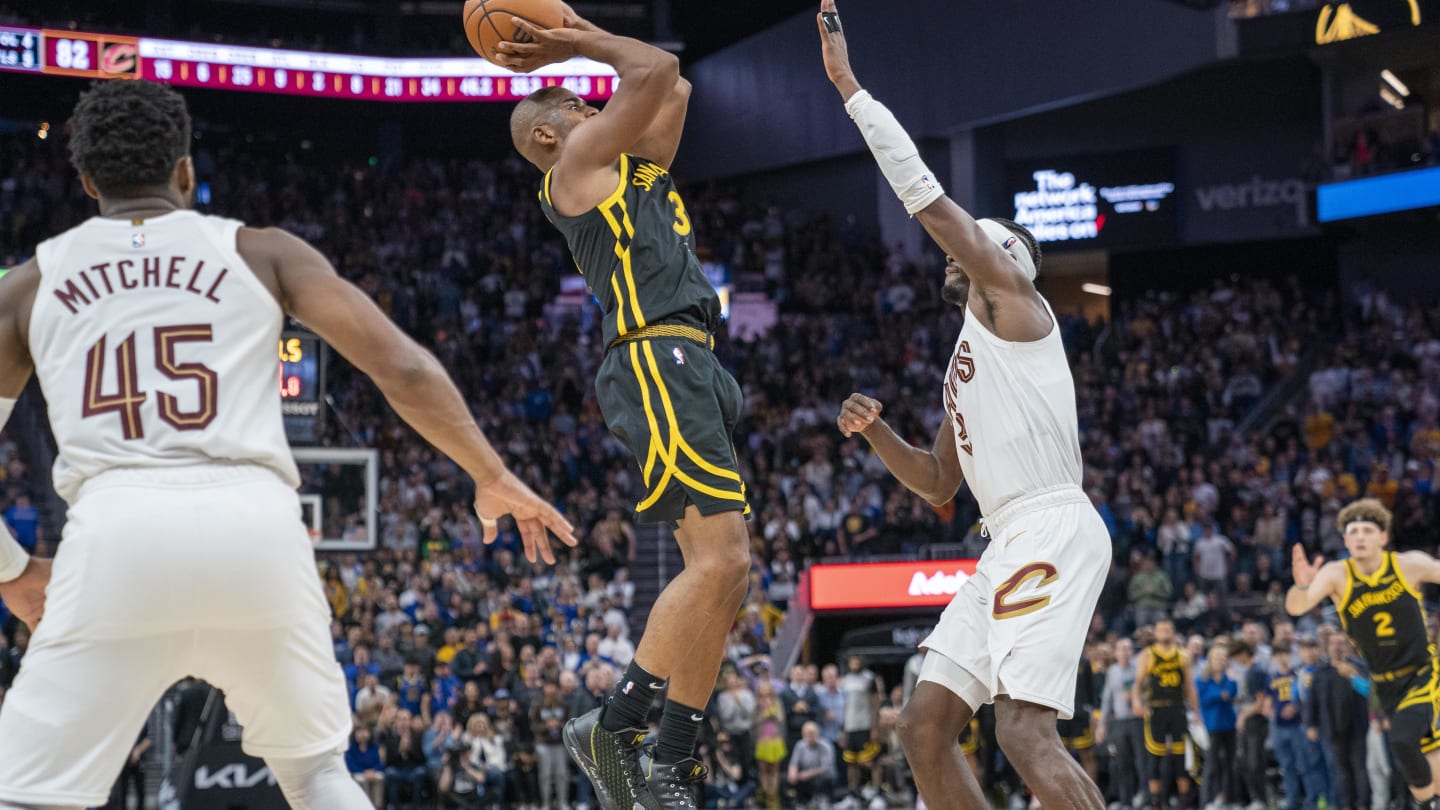The Republican National Convention, which begins in Milwaukee on Monday, should provide some spectacle. But amid the excitement over whether President Biden should continue to seek re-election, it seems the Democratic gathering in Chicago in August has the potential for the kind of drama that conventions are no longer supposed to offer. There was a time when the fate of the country was regularly decided at these events, and the following books are just a few examples that readers might want to check out for context—and great stories.
5 books that capture the drama of political conventions

“The Lincoln Miracle: Inside the Republican Convention That Changed History” by Edward Achorn
On a list of momentous moments in American history, Abraham Lincoln’s victory in the presidential election is hard to beat. Achorn’s book shows how improbable that victory was – and details how it happened anyway. When the Republicans met in Chicago for their convention in 1860, Senator William Seward of New York was the clear favorite for the nomination. In contrast, writes Achorn, Lincoln “had not held elected office for more than a decade” and “his leadership experience was essentially limited to running a law firm with two associates.” “The Lincoln Miracle” tells of the many things – some of them “uncanny serendipity” – that had to come together in Chicago for Honest Abe to become the man of the party.
“Roosevelt’s Revolt: The 1912 Republican Convention and the Founding of the Bull Moose Party,” by John C. Skipper
This story is fed by a former president who was spurned by his own party and his successor. Theodore Roosevelt, president from 1901 to 1909, decided to run again in 1912 (at that time one could be elected to the highest office more than twice) because he was deeply at odds with President William Howard Taft, whom he had in principle installed as his successor. When Roosevelt’s attempt to unseat Taft as candidate failed, he formed the Bull Moose Party and ran under its banner. The progressive third party was relatively short-lived, but its impact in 1912 was decisive: Roosevelt and Taft split the vote, and Democrat Woodrow Wilson entered the White House with about 42 percent of the vote but a landslide victory in the Electoral College.
“The 103rd Ballot: The Legendary 1924 Democratic Convention That Changed Politics Forever,” by Robert K. Murray
When Kevin McCarthy faced 15 rounds of voting to be elected Speaker of the House in 2023, it felt like a marathon. Try 103. That’s how many rounds it took Democrats to decide who they would (unsuccessfully) run against Republican Calvin Coolidge in 1924. While the names involved aren’t as well-known today—William Gibbs McAdoo of California, New York Governor Al Smith, and even the eventual nominee, John W. Davis—the grueling process still provides a compelling glimpse into democracy.
“Reagan’s Revolution: The Untold Story of the Campaign That Started It All” by Craig Shirley
In 1976, Gerald Ford won the Republican nomination. But the real story, which is obvious in hindsight and is told in Shirley’s book, was the strong push by Ronald Reagan that heralded his rise to power in the party. Shirley is an admirer of the Gipper (his other books are subtitled “The Appealing Intellectual Conservatism of Ronald Reagan”), and he tells the story of how Ford narrowly succeeded and how Reagan laid the groundwork for a coming revolution.
“Miami and the Siege of Chicago: An Informal History of the 1968 Republican and Democratic Conventions,” by Norman Mailer
Mailer’s enduring work of New Journalism is widely recognized as the finest work of literature on convention. David Denby, writing in the New Yorker on the book’s 50th anniversary, called it “one of the most important works of American reporting.” While Mailer has astute things to say about Richard Nixon and the Republicans in Miami, it is the way he portrays the Democrats in Chicago, where tensions over the Vietnam War led to violent clashes between police and protesters in the streets, that underpins the historical record. “The only element that redeems the event from grief,” Denby wrote, “is the caustic and poetic book that Norman Mailer has written about it.”



